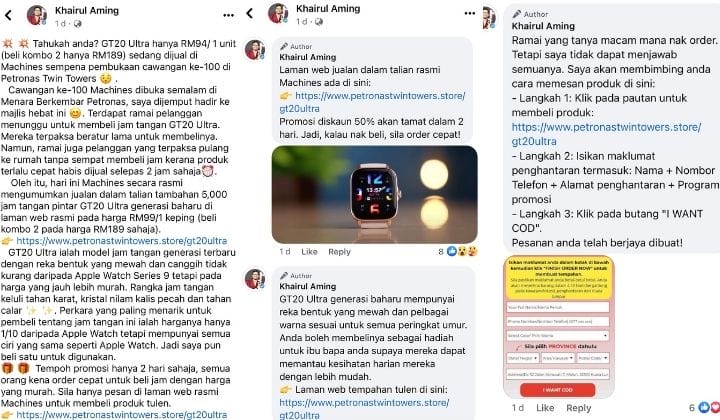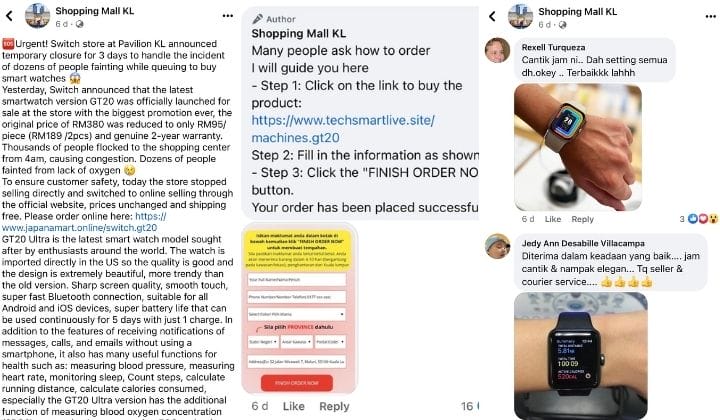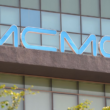Fake advertisements on social media are still rampant. Despite the police and news warning people to be vigilant, an unfortunate number of people still fall prey to these scams.
This is also partly because it’s getting tougher to tell a fake ad or post from a real one, especially for people who don’t spend enough time online.
On Facebook, it’s hard to tell if a sales post or sales ad is fake or real because any regular person could make a post.
Meanwhile, paid or boosted Facebook posts usually come with the “Sponsored” tag at the top of the post to let people know it has been paid to be promoted.
The lines start to blur when scammers these days are also willing to pay to boost sponsored scam ads on the platform.
How to tell if the sales post on Facebook is real or fake?
Based on a few samples of fake Facebook posts we’ve come across, here is a list of things to look out for to check whether the sales ad is fake or real.
1. The deal is too good to be true
Unfortunately, we don’t live in an ideal world. When a deal looks and sounds too good to be true, it’s likely a huge scam. For example, if you see posts selling designer items at an absurdly low price, it’s either a counterfeit product or a counterfeit store.
2. Check if it’s the company’s official page
On Facebook, one of the tell-tale signs that it’s a company or brand’s official page is the presence of a blue checkmark beside or at the end of the page’s name.
However, there are times when the brand’s official page does not bear the blue checkmark. In this case, look at the number of page followers, what has been posted on the page, and what’s written in the comments.
Are the comments filled with more spam links or glowing 5-star reviews that sound similar along with dubious pictures? It’s highly likely a scam page.

3. Does the link open to a legitimate website?
The popular advice is to check if the website’s address starts with “https” instead of “http” to indicate a secure site.
In one of the fake Facebook posts we came across, the website link given starts with “https” so it’s time to look for other clues.
However, the best advice is not to click on dubious links. Before you decide to click on a link in a Facebook post, check the page out first.
When you open the profile page, look at their profile link. Legitimate brands’ Facebook page links will show their brand names.
For instance, the link for the official Mid Valley Megamall Facebook page looks like this: https://www.facebook.com/mymidvalleymegamall
A fake page will show numbers instead of the brand name.
If you happen to open the link anyway, the next clue to look for is the build and design of the website. Are the images clear with the right proportions and aligned well? Are there strange floating texts that overlap each other?
Granted, some scam sites are professionally designed but these sites are more often hastily slapped together for cheap.
4. The captions are a mess of an essay
A clear theme running in all the scam Facebook posts we compiled are the long essay-like captions.
There are no paragraph breaks and are often worded similarly with the same flow.

5. They’re always rushing you to buy now and buy more
Another tell-tale sign that it’s a scam ad is when they keep emphasising the items are “limited edition,” “for a limited time only,” or “only a few left.” It’s to weaponize and trigger the “fear of missing out” (FOMO) syndrome in you.
You’ll find these key phrases mentioned in the post and in the comments section along with extra steps to tell you how to purchase the product.
In addition, they might even throw you another “buy 1 free 1” type of deal in the comments section when it was never mentioned in the main post.
6. They ask for your credit card info first
If your payment information comes before your other details such as your name, it’s a high chance they’re trying to steal your information to gain access to your credit card.
As a precaution, it’s still always safer to pay by credit card and not debit card. This is because a credit card offers more protection and security than a debit card.
If you are indeed scammed, it’s easier to get your money back if you paid using a credit card.










